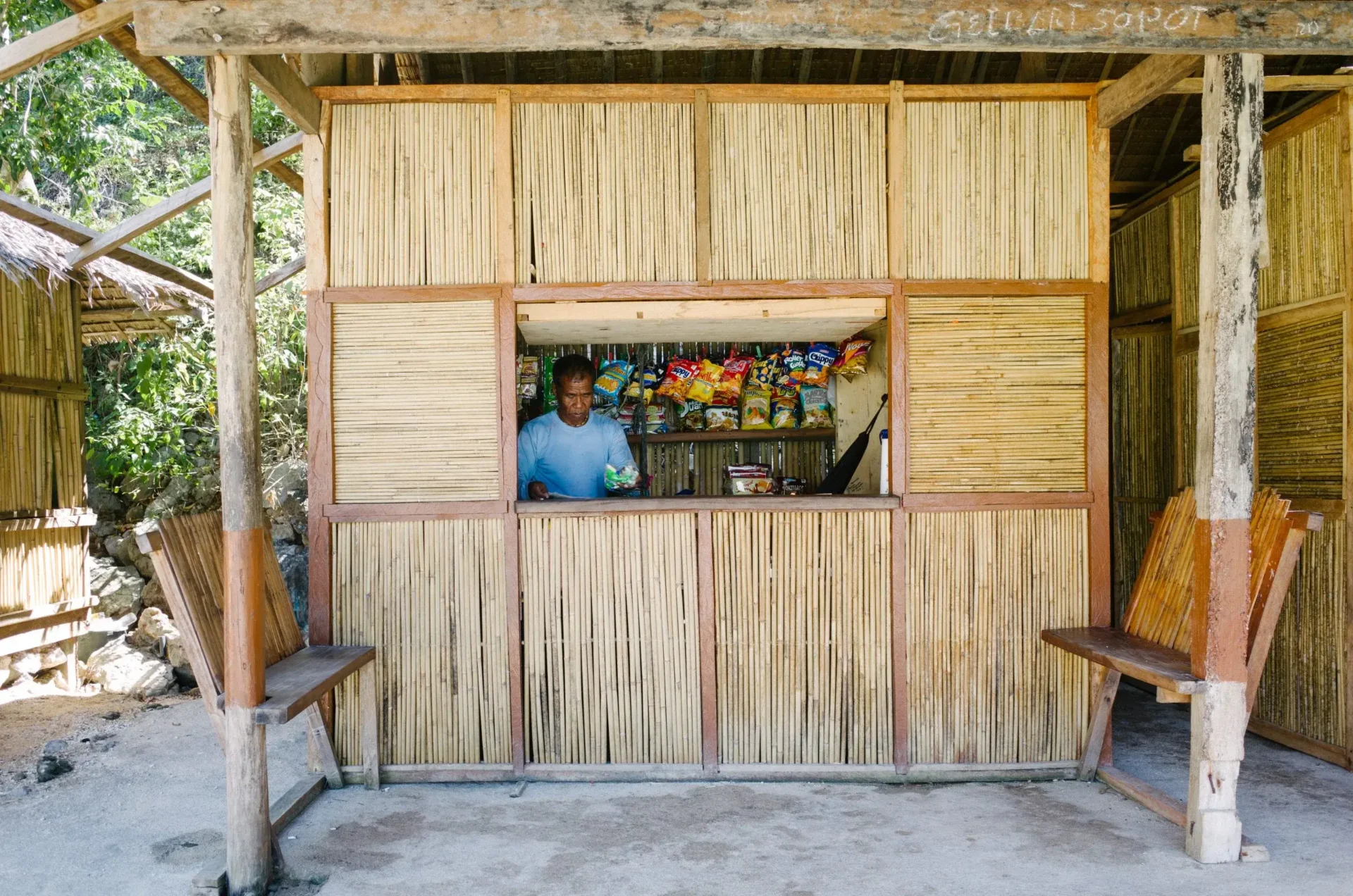Imagine the convenience store you frequent. What did you run in there for? To top up your metro card? Or maybe you had that nostalgic craving for a gloriously colored slushy. Teens come out of school to grab snacks before their next lessons. There is one near every metro stop, if not more. Convenience stores are ubiquitous for just that reason—convenience.
But for countries that don’t have the logistical systems to support large central grocery stores, family-run variety stores are not just the convenient option; it’s the only option. These variety stores are where you go—to top-up your mobile data, pay utility bills, buy dishwashing detergent, grab a quick bite to eat, fill your prescriptions, and gossip. In the Philippines, these are called sari-sari stores and they are integral to the social fabric.
Wavemaker has invested in various digital infrastructure solutions throughout Southeast Asia to modernize the region’s family-owned convenience stores. The ‘Amazon’ model that eliminates these community hubs doesn’t (and shouldn’t) work in the region. We invest in founders who demonstrate the unique cultural insight in this often neglected but huge market of mom-and-pop stores.
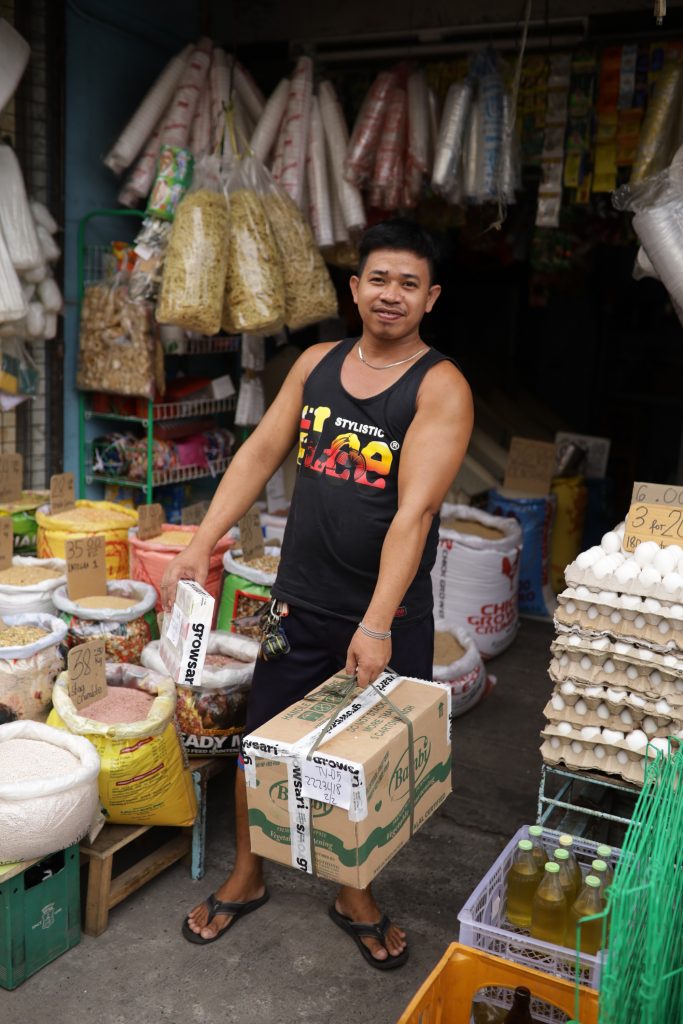
There are about 1.1 million sari-sari stores in the Philippines. 84% of the population shops in these stores and 40% of fast-moving consumer goods (FMCG) spending happens here (Kantar Consumer Report Q4 2020). Yet, despite the large market share, store owners did not have direct access to the wholesalers.
The stores were too small for the FMCGs to be bothered with. That’s where Growsari’s co-founder Reymund Rollan, who goes by “ER”, saw a market opportunity.
Instead of looking at one individual sari-sari store, ER saw an opportunity in grouping neighboring stores. The aggregate made up substantial orders. This approach made the stores attractive to the wholesalers. And the sari-sari store owners finally had direct access to the wholesalers’ inventory and discounts.
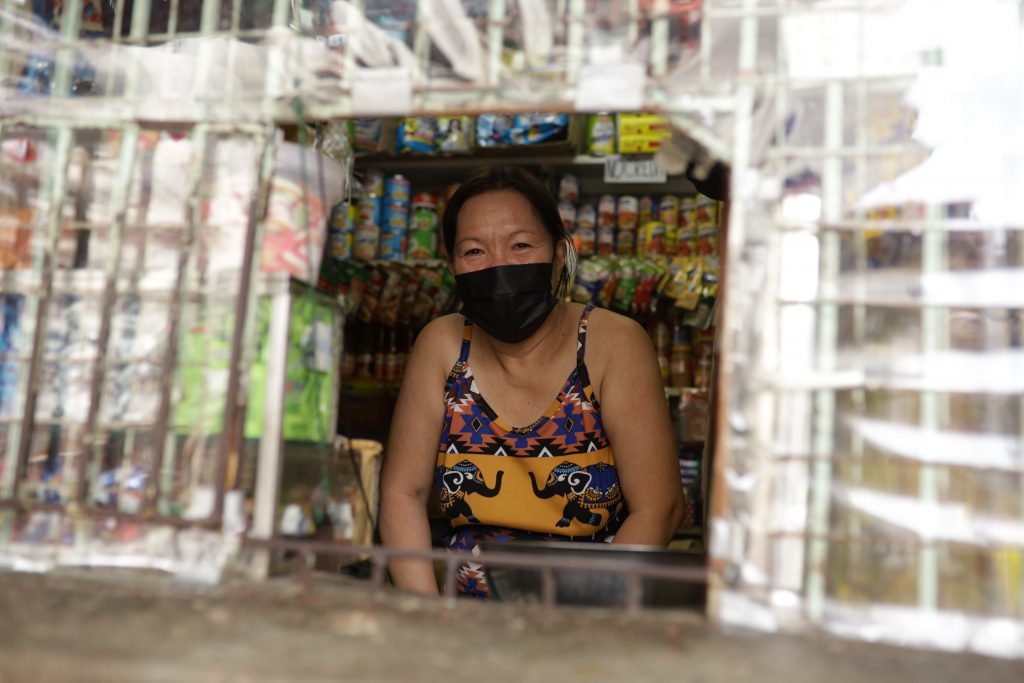
Growsari started out as an online ordering platform in 2016. Fast forward to 2022, Growsari has grown into a new ecosystem, developing their own logistics. Services have grown to include free delivery of goods to stores, as well as multiple microservices such as telco load, bills pay, e-commerce, cash-ins, and other e-services. Growsari also offers a working capital loan program,“Paylater or E-lista.” They currently have approximately 1,400 employees, serving over 100,000 sari-sari stores, and accumulated invaluable consumer market data they use to optimize and scale. It successfully closed out a US$77.5 million Series C round earlier this year, with KKR taking on US$45 million of the round.
Melissa Ho, Principal at Wavemaker and our point person for e-commerce solutions, flew to Manila and went around visiting small, medium, and big retail stores to understand the market. Melissa wasn’t part of the initial team on the Growsari deal, but she led Wavemaker’s investment in GudangAda, Indonesia’s largest and fastest-growing B2B FMCG e-commerce platform. She spent time digging into Growsari’s operations, visiting their mini warehouse and its central logistics hub, which is their biggest warehouse.
HO CHI MINH CITY, VIETNAM, 9 APRIL 2024 – CNV, founded in 2020 by Nguyen Tuan Phu and Do Dang Khoa, is the leading cloud-based business and marketing solutions provider dedicated to offering digital transformation SaaS products and marketing growth services to assist MSMEs, SMEs, and enterprises in Vietnam achieve sustainable growth via marketing, loyalty and […]
Read moreIn the previous articles of the Culture mini-series, we looked at how values and strategy impact an orgnisation’s culture. In this article, we explore organisational structure as a powerful driver of culture. When our portfolio company Lhoopa, a digital real estate platform that enables the large-scale deployment of affordable homes, raised their pre-B bridge round last […]
Read moreSINGAPORE, 16 January 2024 – Customer data platform (CDP) Meiro has successfully secured US$3 million in an over-subscribed pre-Series A round, led by Southeast Asian VC firm Wavemaker Partners, with participation from angel investors at Singapore-based Angel Central. This marks Meiro’s first strategic funding round following five years of robust self-funded organic growth and profitability. The […]
Read more“It was really eye-opening for me to see Growsari’s operations, and meet some of the store owners to hear their testimonies. But beyond all the facts and numbers, I was most impressed with ER and how he interacts with his employees.”
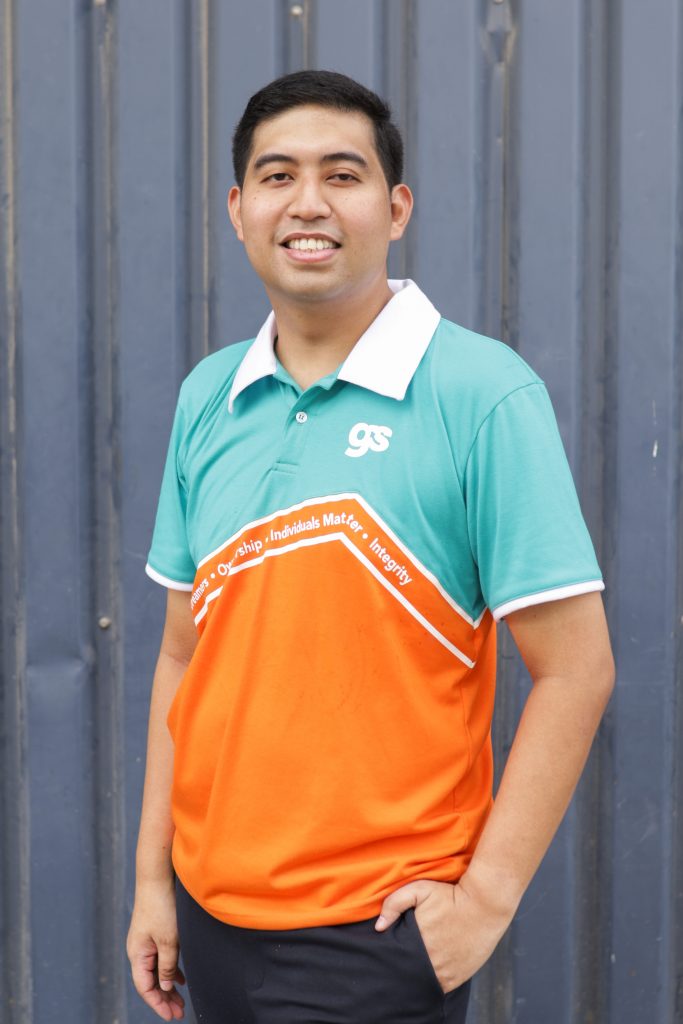
ER runs a 1,400 person team, with so many new people. But throughout the entire day, no matter which facility we visited, he would know the name of every single person.”
Melissa recalled one particular story, of a recent hire who left her corporate banking job to run warehouse logistics at Growsari.
“If you have people that are changing their careers to come work with you, I mean, that is a clear sign that something is working.”
“Many of our people have joined because they want to do more fulfilling work,” says ER, echoing what Melissa had recognized. “The last thing you want to do is have people join you for a value you offered, but then change as the company grows.”
But as always, it is a hard balance to achieve.
As Growsari scales, ER recognizes the importance of continuing the company’s mission—to empower the ‘small.’ To establish that shared sense of purpose, the company’s website includes employees’ testimonials, in addition to their customers’.
When you are trying to measure efficiency by the second, how do you ensure that we are not converting warehouse people into robots? We need to make sure that the humanity of the work is present. We need to make sure the supervisors and the managers cultivate that culture of support.”
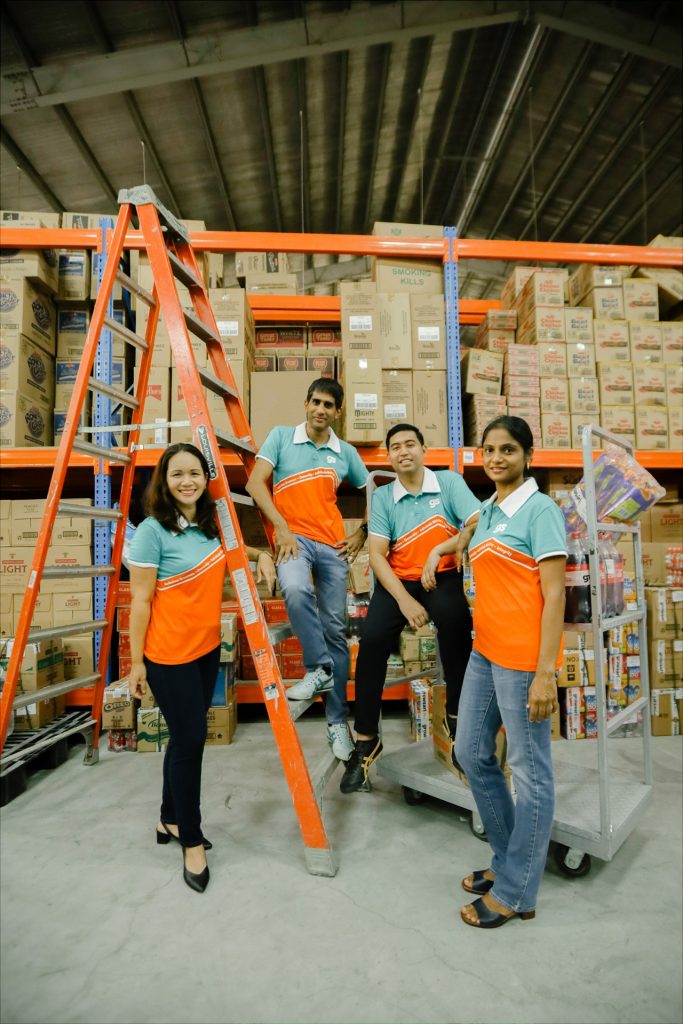
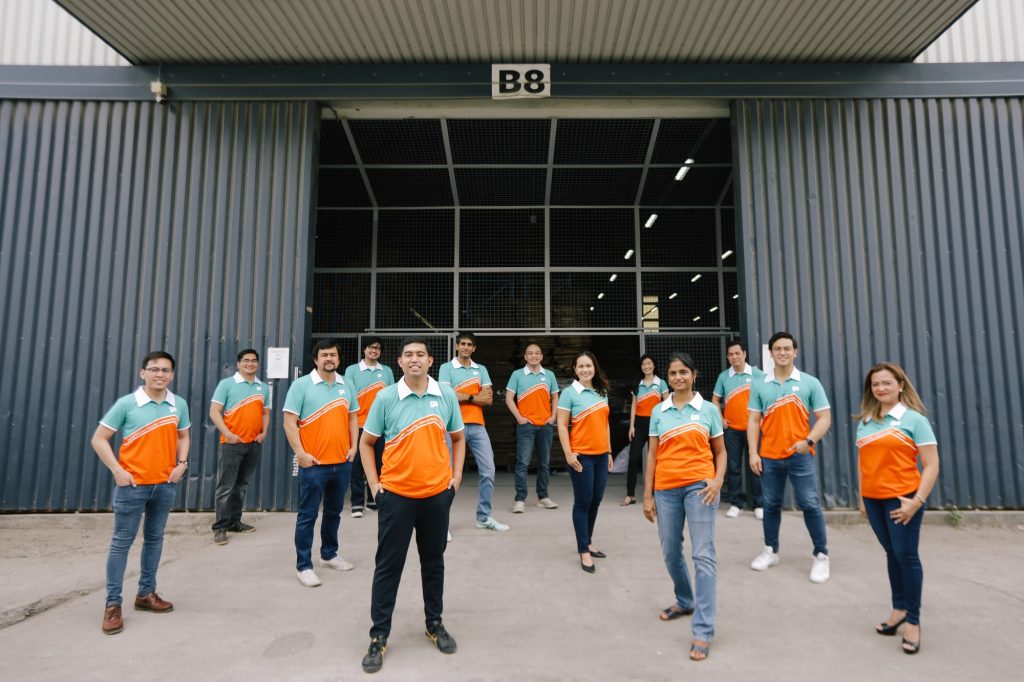
As an early-stage VC, it is an incredible feeling to see the founder you supported from the beginning go from idea to a company with an established shared purpose. For Paul Santos, Wavemaker’s Managing Partner, Growsari’s success is tied to a very personal sense of purpose. Growing up in the Philippines, he was proud to have invested in a company which offered the female store owners (the nanays) better ways to manage their stores. And where many of the nation’s women and mothers are exported to serve as domestic workers in other countries, access to better tech just might enable more women to stay and start their own micro businesses. Such is the hope we continue to invest in.


